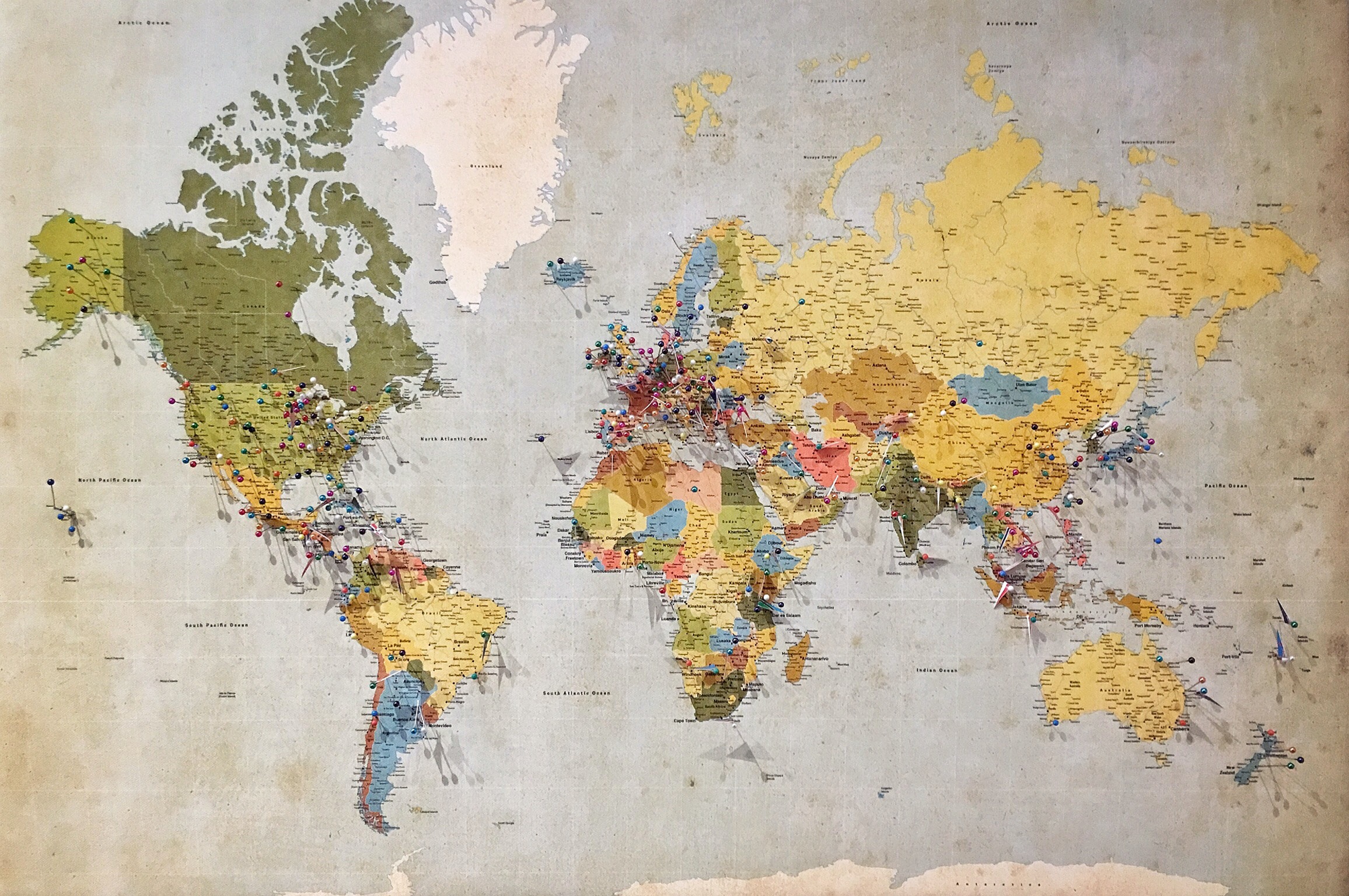
Where do you call home?
U of T Engineering is home to students from over 30 countries!
Each person brings a unique combination of culture, ethnicity, race, gender, sexuality, socio-economic background, lived experience and perspectives that make our community such a vibrant place. This fosters a wonderfully rich learning environment that’ll expand your horizons and make you a better engineer. After all, engineers design products and processes for people coming from different lived experiences and from widely-ranging circumstances. Thus, having diverse voices yields engineering solutions that support more people in the community.
As you join the U of T Engineering community, you’ll begin to understand why this place is so important to so many people. Over the next four or five years, you’ll not only build a foundation for your career but also form friendships and memories that’ll last a lifetime. You’ll have experiences that you’ll recount years from now. You’ll join a global community of over 60,000 alumni who have graduated before you and have a strong emotional attachment to Skule™ for those same reasons.


We want every single community member—staff, students, professors, and alumni—to feel a strong sense of belonging and support. We want everyone to achieve their full potential through an environment of mutual respect for the dignity and worth of every person.
Equity, Diversity, and Inclusion (EDI) are core values that we all embrace, promote, and put into action. For definitions of Equity, Diversity, and Inclusion, check out this page.
You have an important role to play in achieving this goal! We hope this post will help you understand your role in helping U of T and EngSci create a unique and supportive community. You’ll learn how our engineering student body has evolved, what it looks like today, and our goals for the future.
History of Equity, Diversity, and Inclusion in U of T Engineering
Today, U of T Engineering is represented by a diverse student body, but this wasn’t always the case.
Engineering has exclusionary origins. Historically, the engineering profession was primarily open to white males in the middle or upper class. The term “engineer” actually has origins in the military, which was, of course, a very male-dominated domain.
As social norms changed, so did engineering schools in Canada, albeit slowly. The first woman to graduate with an engineering degree from U of T was Elsie Gregory MacGill in 1927. Our Faculty’s first female permanent academic staff was Marion Bassett in 1958. Students and academics from racial and ethnic minority groups also started to enter the profession. Since then, we have made great progress towards gender equity and greater representation of many cultures and minority groups. Our first-year class is now approximately 40% women. It is also culturally and ethnically diverse with about a third of students coming from outside of Canada.
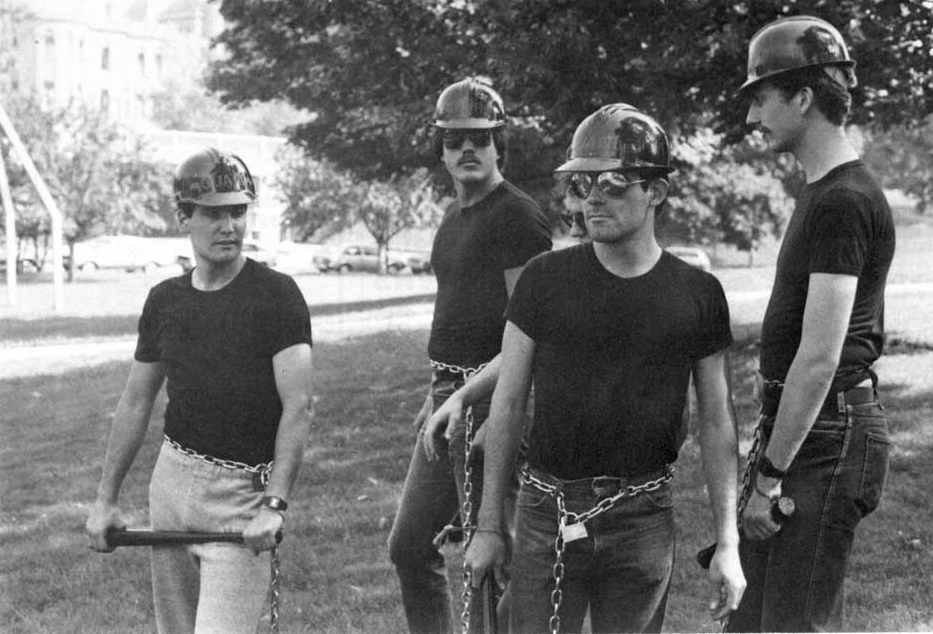
Historically, the engineering profession was male dominated.
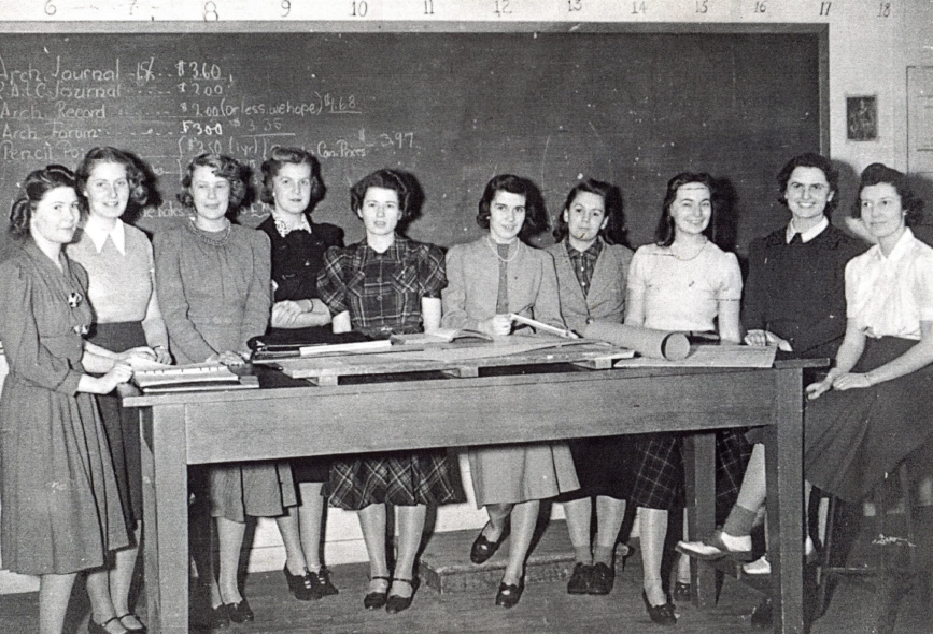
Gradually, more women enrolled & graduated from U of T Engineering.
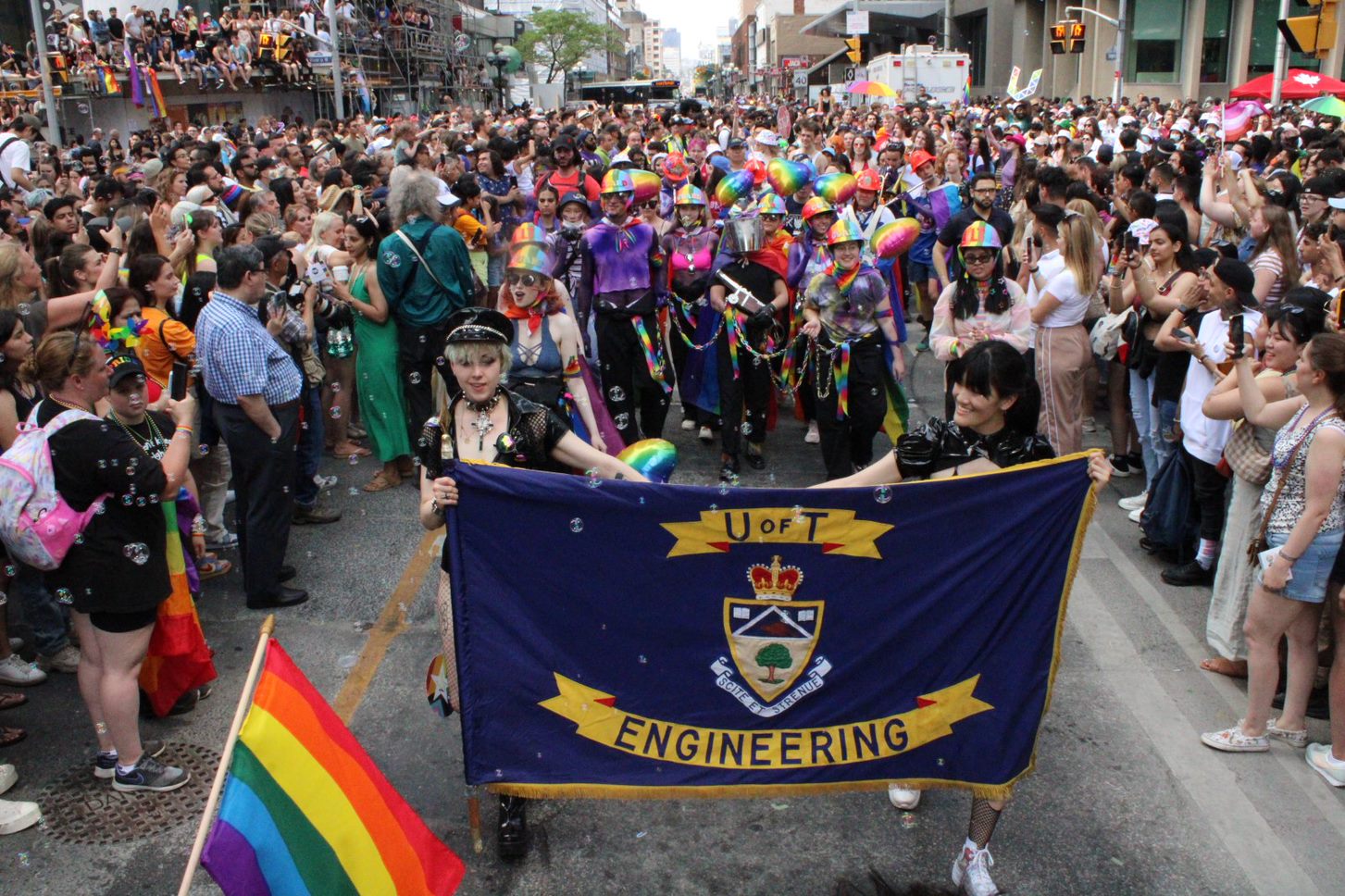
There is now a much greater representation of genders (binary and non-binary), as well as racial and ethnic minority groups within U of T Engineering.
What Is the Mission? Where Are We Going? And How Will We Get There?
Diversity is necessary in engineering.
It is important to remember that engineers design solutions for real-life problems. Their work impacts everyone. If engineers do not represent the lived experience of diverse populations, they are unlikely to address everyone’s needs in their work, or even know what problems need addressing in the first place.
In our view, there are three main reasons why diversity is essential to successful engineering.
Access to fulfilling and lucrative careers should in no way be restricted by race, ethnicity, culture, sexuality, gender, religion or any other identity factor, both visible and hidden. Opportunity and success should be a truly level playing field based on abilities and character. And on the flipside, all communities should benefit from engineers who understand and address their specific challenges.
Second, we need more engineers and should recruit the best talent from the broadest pool possible. Engineers are in high demand and we have not been educating enough engineers to replace those retiring, let alone expanding the field at large. Diverse groups must be welcomed into the profession for the benefit of society, the economy, and our collective human technological capabilities.
Finally, creativity is key to engineering innovation and diverse groups are more creative. Engineers are called on to design solutions to new, never-before-seen problems for diverse stakeholders every day. Creativity relies on one’s ability to draw connections between previously unconnected knowledge and ideas. Engineers from different backgrounds bring diverse skills, experiences, values, priorities, and knowledge to the table. The more unique the connections that can be drawn, the more creative we can be. And innovative and creative thinking is what engineering is all about. Anyone can read a manual; not everyone can write it.
Diversity in engineering represents justice, progress, and success in allowing equal opportunity for all people, regardless of externalities. Canada needs diversity in engineering to generate the innovation necessary for effective leadership.
Your Role
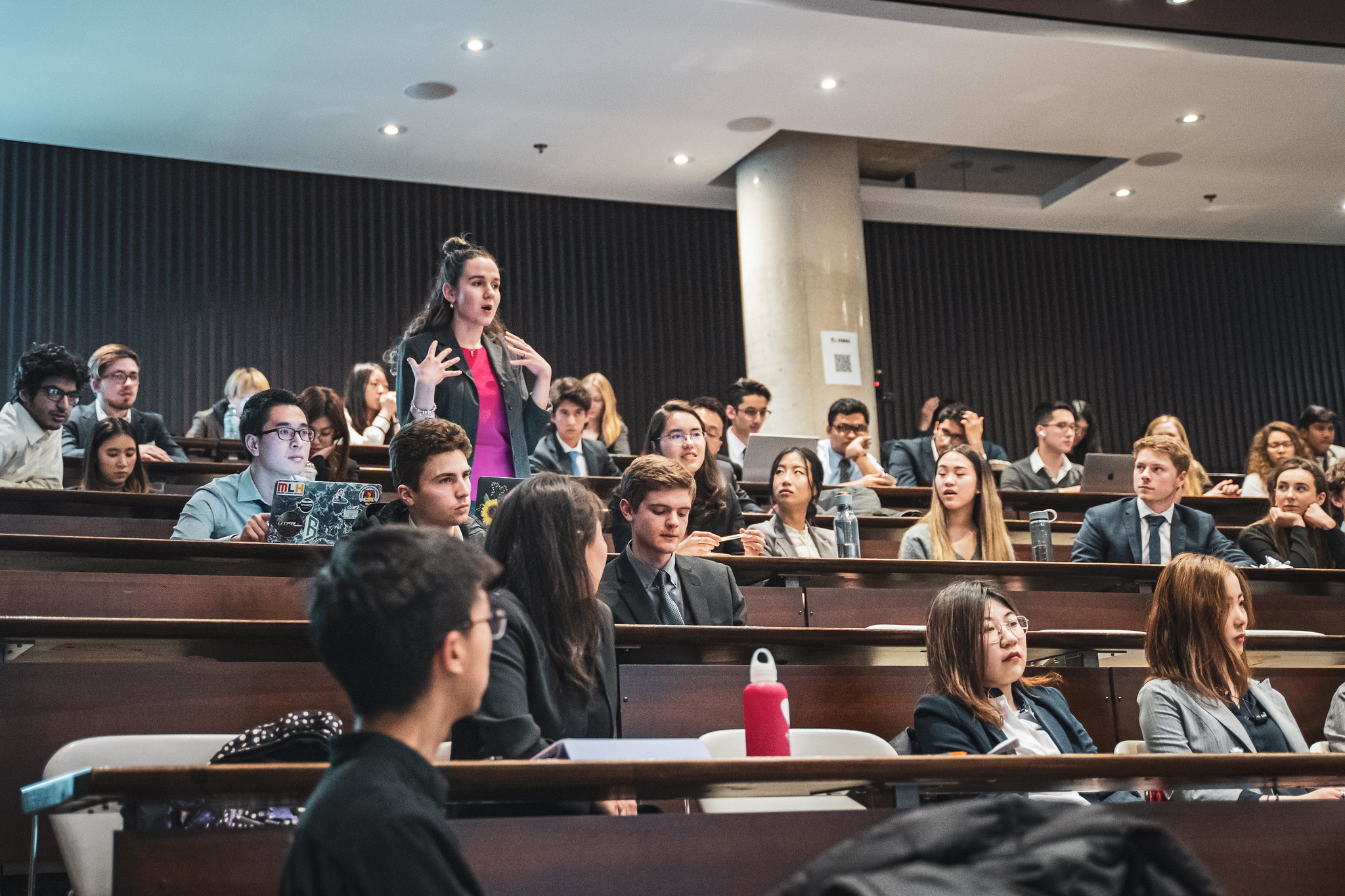
No matter your background or identity, we are all responsible for treating each other with respect and support, and to speak up – whether in person or online – when we witness disrespectful behavior.
Be curious and educate yourself through U of T Engineering’s cultural competencies toolkits. You’re going to meet people who are not like you or who are from places very different from your home community. Use this chance to learn from them and about their experiences. This’ll help you grow as a person and as an engineer, and will help you avoid misunderstandings, e.g., while doing teamwork. U of T Engineering has many ways for you to learn about the experiences of your classmates from different backgrounds. (E.g., check out the Black Cultural Competencies Toolkit (BCCT) or the Indigenous Cultural Competencies Toolkit (ICCT)).
Familiarize yourself with the Student Code of Conduct.
The code covers not only the rules around academic integrity but also the expectations about respectful behaviour inside and outside of the classroom, including in online spaces. It is your responsibility to know the rules.
U of T Engineering is a professional faculty. Your degree will qualify you to join the engineering profession. You are expected to develop professionalism during your time here, which includes learning how to interact courteously with anyone you meet.
Join student groups, technical projects or social initiatives that promote equity, diversity and inclusion. A great place to start is the Engineering Equity, Diversity, and Inclusion Action Group.
Above all, be respectful, supportive, and inclusive of all your peers in engineering to help make this community even better.
All of us play a part in calling out disrespectful actions. We encourage you to speak up. There are several ways you can make a confidential (and anonymous) disclosure about bias, discrimination, harassment, or unprofessionalism.
Sharing this information helps us not only to address specific incidents, but also to better understand where there are recurring issues or gaps in education, or supports.
The EngSci office encourages you to use any of the methods below to make a disclosure.
If you experience or witness potential incident(s) of discrimination, harassment or harmful unprofessionalism in our community, you can choose your level of involvement:
- Use the U of T Engineering confidential disclosure form. There are many options for your level of contact. You can share information anonymously, e.g., “I thought you should know this happened but don’t want you to take action”, include your name for follow up, or request personal assistance and action.
- Contact your academic advisor.
